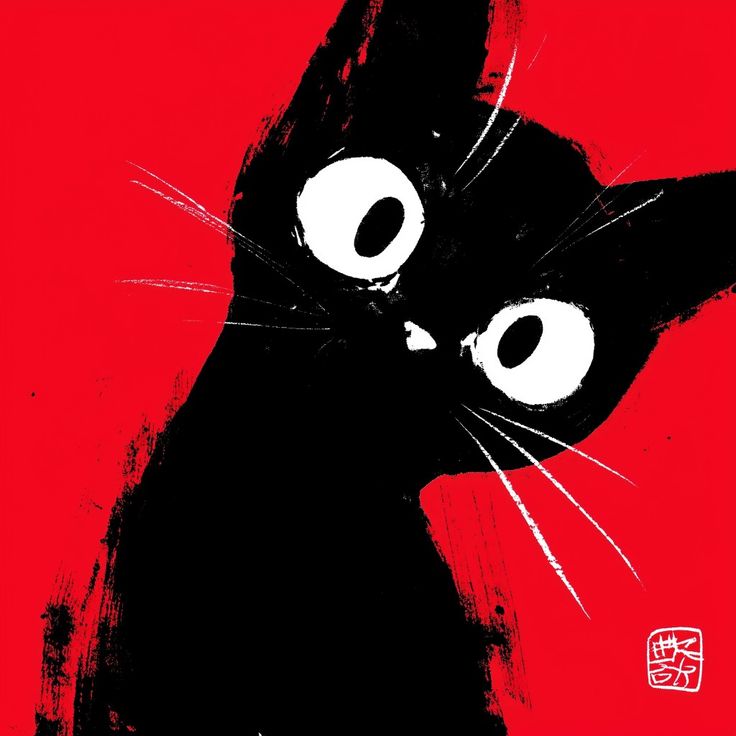
SOCSCI3: The Contemporary World Module 1-4
25
Terms0
Plays0
Favorites0
SharesReview key concepts from SOCSCI3: The Contemporary World (Modules 1 to 4) with this comprehensive flashcard set. Perfect for students taking Contemporary World courses in college or senior high school. Topics include globalization, global citizenship, global governance, and sustainable development. Ideal for exam prep, class recitation, or self-paced learning.
community of people formed on the basis of a common language, history, ethnicity, a common culture and, in many cases, a shared territory.
an independent, sovereign government exercising control over a certain spatially defined and bounded area, whose borders are usually clearly defined and internationally recognized by other states
it is the people who make the state.
a place where people can live and organize themselves politically, economically and socially. There can be no state without fixed territory which includes land, water and air space.
territory where a countryseat of and a government is located
not dependent on a sovereign state.
exclusive jurisdiction of the central or national government within a federation.
denote coastal waters which are the Territorial Waters.
territorial entity that is separated from the country that governs by an ocean
Not normally constituted system of government.
The idea of living together among group of people cannot be materialized unless they organized themselves and learned to accept rules
Supreme authority is vested in the monarch, an individual ruler who functions as head of state.
concentrated in the hands of a tiny, privileged ruling class.
state which only property owners are allowed to vote.
Few numbers of people have the majority of the power.
voters exercise power through ballot box
Government by divine guidance or by officials who are regarded divinely guided.
unconstrained absolute ruler. One who has usurped the authority
Sovereignty is the supreme authority within a territory.
Country whose national economy has transitioned from being primarily based in agriculture to being primarily based in goods-producing industries, such as manufacturing, construction, and mining, during the late 20th and early 21st centuries.
process by which an economy is transformed from a primarily agricultural one to one based on the manufacturing of goods.
total value of all finished goods and services produced by a country's citizens in a given financial year.
total amount of money earned by a nation's people and businesses
value of a country's final income in a year, divided by it's population
Brazil, Russia, India, China, and South Africa
